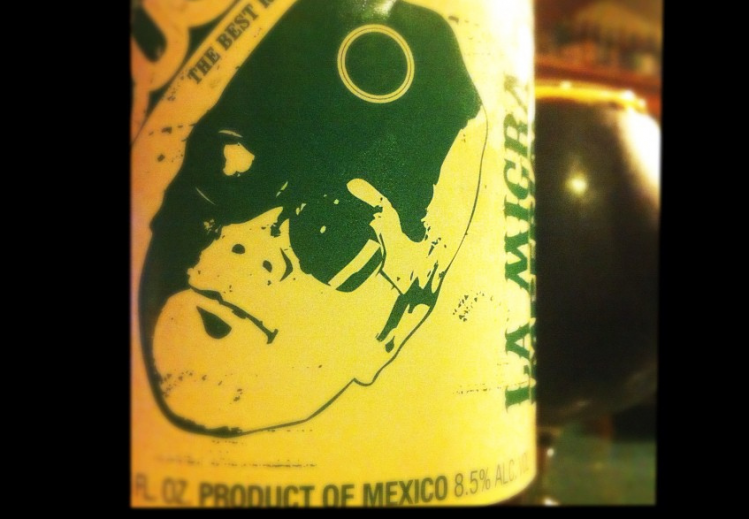‘Stronger anti-monopoly laws’ could help craft brewers in Mexico: USDA report

While encouraging US craft brewers to identify local distributors in Mexico, a new GAIN report from the USDA Foreign Agricultural Service notes that “distribution is presumably the biggest hurdle craft brewers face due to the agreements the two giants, Modelo and Heineken, set with a number of on-trade establishments and off-trade retail outlets”.
The Mexican Association of Microbrewers (ACERMEX) and SAB Miller filed an antitrust action in 2010 to challenge these (currently legal) agreements, and the nation’s Comision Federal de Competencia (CFC) is expected to rule on their legal status later this month.
A CFC judgement was expected in April, but is now predicted towards the end of June; a decision in favor of the petitioners could endow the Mexican government with more power to implement and enforce anti-monopoly laws.
Heineken planning seventh brewery build?
Written by Vanessa Salcido and Alicia Hernandez, the USDA report notes that AB InBev-owned Grupo Modelo (Corona, Modelo, Pacifico and Victoria), has a 57% market share of the Mexican beer market, while Heineken-owned Cuauhtemoc Moctezuma (Idio, Dos Xquis, Tecate, Sol) holds 41%.
The last five years have seen rapid beer market growth, they write, in The Mexican Craft Beer Market – A Market Assessment, especially in Northern Mexico and in population centers such as Mexico City, Guadalajara and Queretaro.
But there is still a lot of headroom in Mexican beer – given moderate per capita consumption of beer vis-à-vis the rest of the world at 62 liters/year, and favourable demographics. Only today, Heineken announced that it was considering building its seventh brewery in the country.
The brewer was quoted by Bloomberg Business week yesterday, hinting that the build could depend on the taxation situation in Mexico: Excise duties on beer were temporarily raised from 25% to 26.5% in 2010, and the Finance Ministry said late last year that it wouldn't cut the rate back to 26% in 2013, as previously indicated.
Asked about this issue, Heineken financial communications manager, John-Paul Schuirink, told BeverageDaily.com: "Like every other company we don’t like negative surprises when it comes to our possible investments. The Mexican government had indicated that the excise tax on alcohol would be reduced, so we expect them to follow through on that. This is part of our business case for further investment in the country."
Other than the two giants, only a small number of emerging microbrewers have production facilities in Mexico; even SAB Miller only has an import business fed by US-brewed products.
However, while craft beer accounts for less than 1% of the Mexican beer market, with an annual value of around $8m, Salcido and Hernandez predict that this number “could easily double within this year” , given a 50-60% growth trend over the last couple of years.
Double malts, chocolate stouts…
Even ‘big beer’ is looking to profit from craft brews, the USDA report notes, with the authors writing: “Some of the strategies that Cuauhtemoc Moctezuma has in mind to attract consumers with different beer palates is to innovate with craft beer such as double malt or chocolate stout.
“The big challenge is to create a beer culture among consumers with different tastes than among the more common industrialized lagers,” Salcido and Hernandez add, noting that the two major players now only produce standard lagers and dark beers (stout).
Only a few ‘artisanal’ beers are sold in Mexico, they say, with craft beers drunk mainly by young, affluent consumers “who wish to be more acquainted with the latest global trends”.
“Microbrewers do not have a defined target audience. They sell to people open to trying beer as a flavor experience rather than just a refreshment,” Salcido and Hernandez add.
Currently, in Mexico, bars and restaurants are obliged to sign exclusivity deals that prohibit them from stocking products from more than one brewer.
“Real competition among domestic and foreign operators will come with the approval of stronger anti-monopoly laws and removal of exclusivity contracts in restaurants and bars where there is an increased demand for craft beers,” the USDA report authors write.
Schuirink refused to comment on Heineken's behalf in regard to the forthcoming anti-trust ruling. "We do not comment on possible outcomes," he said.






